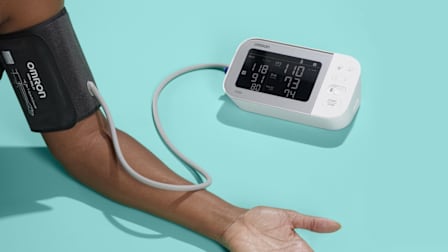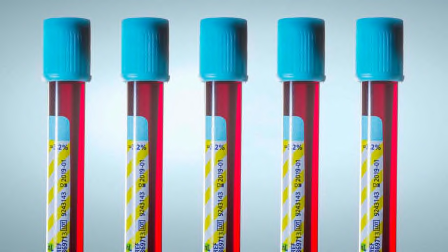Too Many People Take Daily Aspirin. Here's Who Should Stop.
Official recommendations have changed

For decades, taking low-dose aspirin (81 mg) every day was widely recommended as an easy way to prevent heart attacks and strokes. But that changed when growing evidence led the American Heart Association, the American College of Cardiology, and the U.S. Preventive Services Task Force to reconsider the advice, especially for older people.
The research showed that for people without a previous heart attack or stroke, aspirin had only a modest benefit. But it increased the chance of bleeding in the brain (if, for example, a person fell and hit their head) and the gut.
Yet 57 percent of people ages 50 to 80 who regularly take low-dose aspirin probably won’t benefit from it because they don’t have a history of cardiovascular disease, according to a recent survey by the University of Michigan.
Here’s what to know as you talk with your healthcare provider about whether daily aspirin makes sense for you.
Yes, No, Maybe?
If you’ve had a heart attack or stroke, a coronary stent inserted to treat heart disease, or a diagnosis of certain other heart problems, the advice hasn’t changed: Take low-dose aspirin daily, says Don Lloyd-Jones, MD, chair of the department of preventive medicine at Northwestern University in Chicago and a past president of the AHA.
Best Blood Pressure Monitors
These devices can help you keep better track of your BP numbers at home and get them under control.
When to Stop Taking Aspirin
If you’ve taken aspirin for a while and don’t have a history of heart disease, ask your doctor if you should stop, Lloyd-Jones says. That’s especially important if you’re over 70 because the risk of bleeding rises with age, he says.
Stopping aspirin therapy is unlikely to cause any danger to people at low risk. But it’s wise to consult with a healthcare provider first, Bhuyan says. They may want to make sure you aren’t at an increased risk of a heart attack or stroke and discuss other ways to lower your risk of cardiovascular disease, such as exercising more.
Your Prescriptions and Aspirin
A big concern with aspirin is how it may interact with other drugs, especially blood thinners such as warfarin or heparin, says Jordan Schaefer, MD, a hematologist at the University of Michigan in Ann Arbor.
“We often see older adults who are followed by multiple doctors, and it’s unclear who is taking responsibility for addressing aspirin,” he says.
Take all of your meds, or at least a list of them, to appointments so that your doctors know what else you’re taking. That includes dietary supplements, which can also interact with medications, Bhuyan says. Supplements such as ginkgo biloba, capsaicin, and kava can increase the risk of bleeding.
Editor’s Note: A version of this article also appeared in the September 2024 issue of Consumer Reports On Health.




